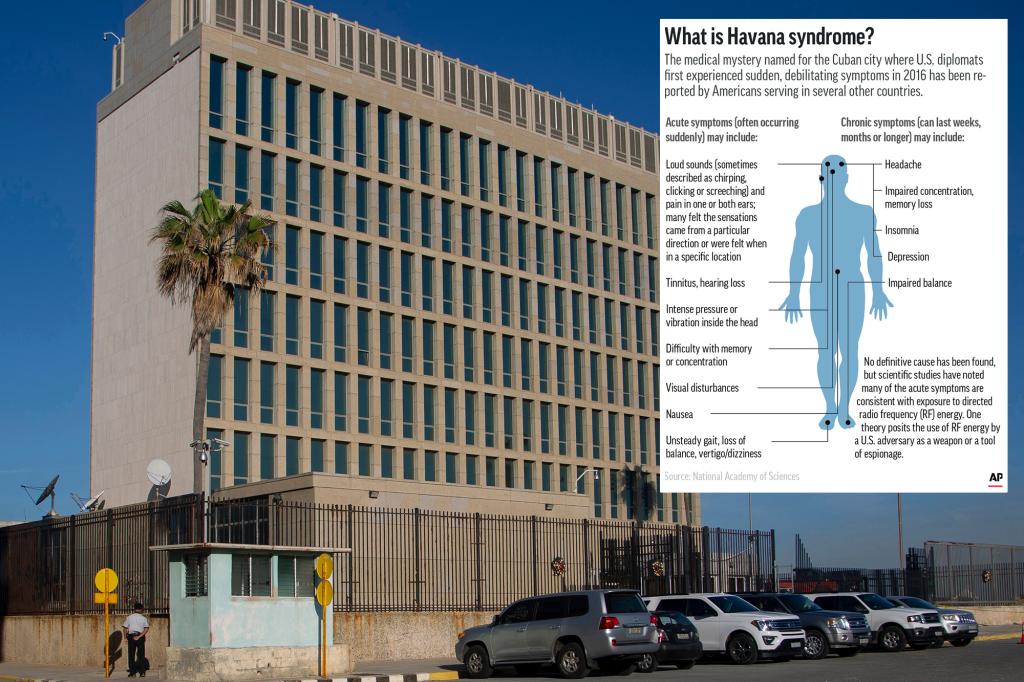A recent high-speed chase in Florida is being linked to the mysterious condition known as “Havana syndrome.” This condition was first reported by US and Canadian embassy staff in Cuba in 2016 and has since been reported by hundreds of American personnel in various countries. The chase took place in Key West in June 2020 and involved police pursuing a driver who reached speeds of up to 110 mph for 15 miles. The driver, who was eventually apprehended, had bank account notes, a device resembling a walkie-talkie capable of erasing a car’s GPS history, and a Russian passport in his car. The suspect identified himself as “Vitalii” from St. Petersburg, and when asked why he fled, he repeatedly stated that he did not know.
Recently, the National Institutes of Health released a nearly five-year study that did not find an explanation for the strange health problems experienced by US diplomats and government employees, which include headaches, balance issues, difficulties with thinking, and sleep problems. Advanced tests conducted by the NIH did not show any brain injuries or degeneration. MRI scans did not reveal any significant differences in brain volume, structure, or white matter between those with Havana syndrome and healthy government workers with similar jobs, including some from the same embassy. Additionally, cognitive tests did not show significant differences between the groups.
The ongoing investigation into Havana syndrome began when US Embassy staff in Cuba sought medical treatment for hearing loss and ear-ringing following reports of strange noises. Initially, concerns were raised that a foreign adversary, such as Russia, may have used directed energy to attack Americans. However, US intelligence agencies have since stated that there is no evidence of a foreign involvement and that most cases have different causes, ranging from undiagnosed illnesses to environmental factors. The NIH study, which began in 2018 and included over 80 Havana syndrome patients, did not specifically investigate the likelihood of a weapon or trigger for the symptoms.
The findings of the NIH study do not contradict the conclusions of intelligence agencies regarding Havana syndrome. Although some early theories speculated that the condition was caused by a foreign power using directed energy, the NIH study did not detect any abnormalities in brain scans that would suggest this. While the study could not rule out transient injury at the onset of symptoms, it did not show any long-term markers typically seen after trauma or stroke. The report from CBS News’ “60 Minutes” is the latest development in the ongoing effort to uncover the mystery behind Havana syndrome, which has puzzled government officials and medical researchers for several years.
The chase in Florida involving a suspect with possible ties to the mysterious phenomenon adds a new layer to the complex investigation into Havana syndrome. The presence of a Russian passport and a device capable of erasing GPS data in the suspect’s car raises questions about potential connections to foreign powers. Despite extensive research by the NIH and other agencies, the cause of Havana syndrome remains elusive, with no definitive explanation for the reported health problems experienced by diplomats and government employees. As the investigation continues, authorities are left trying to piece together the puzzle of Havana syndrome and determine the best course of action to address these puzzling health issues affecting American personnel around the world.


